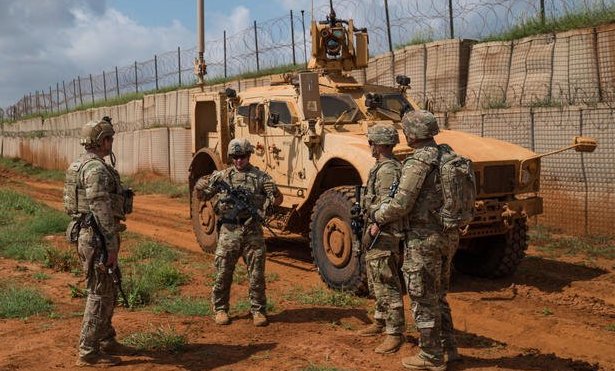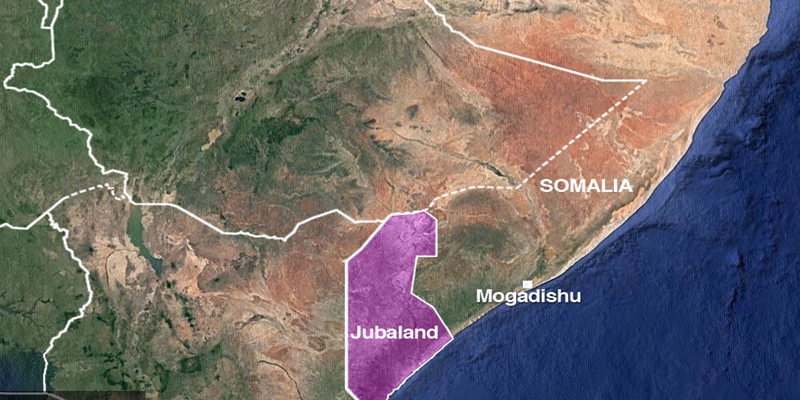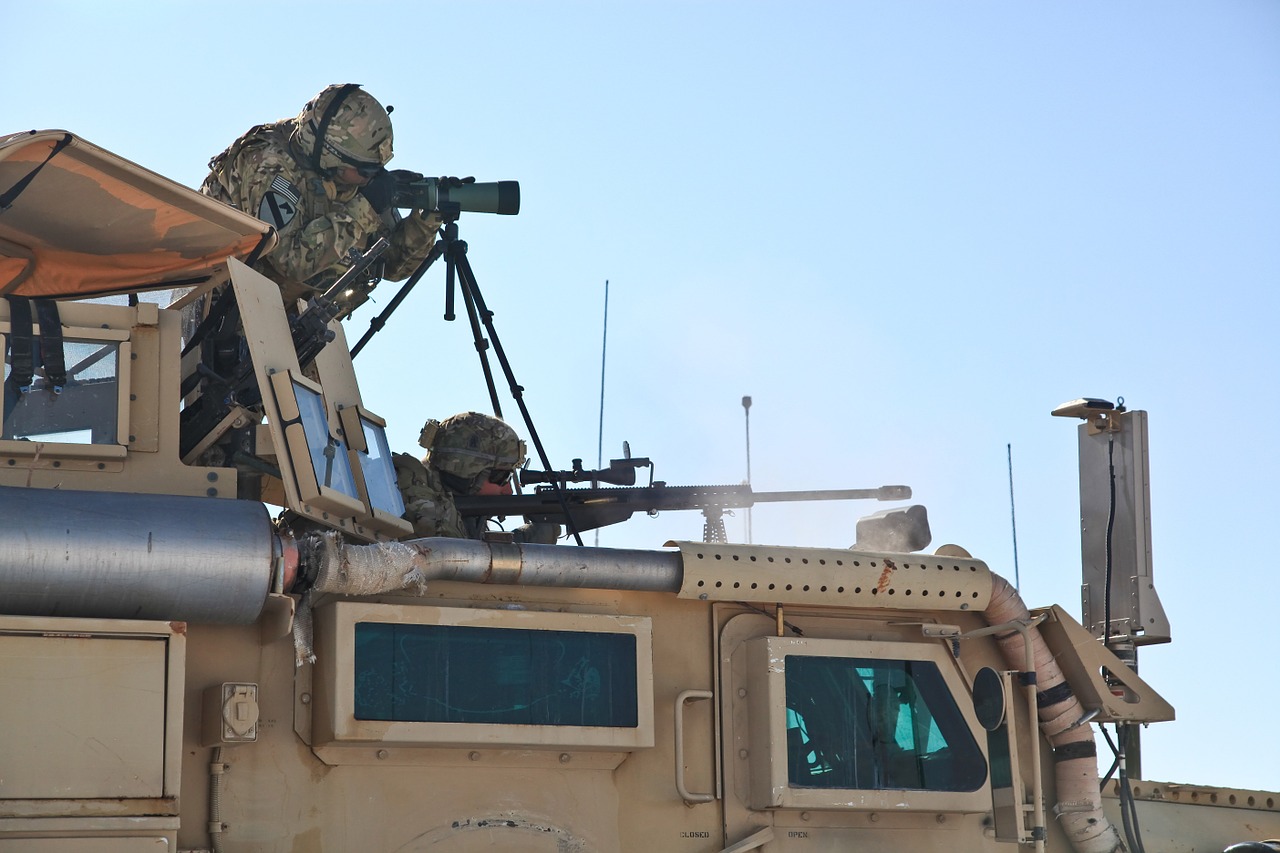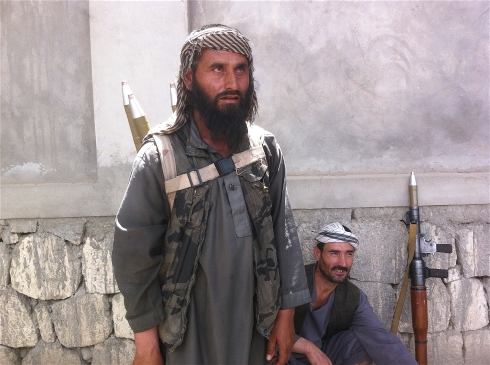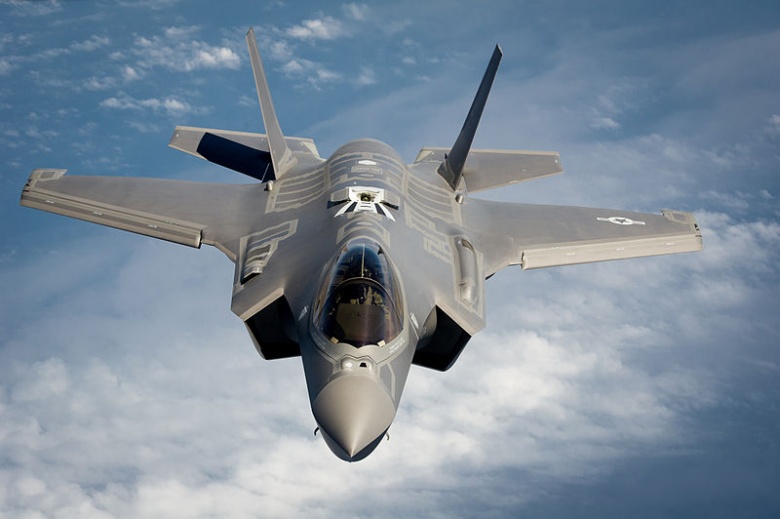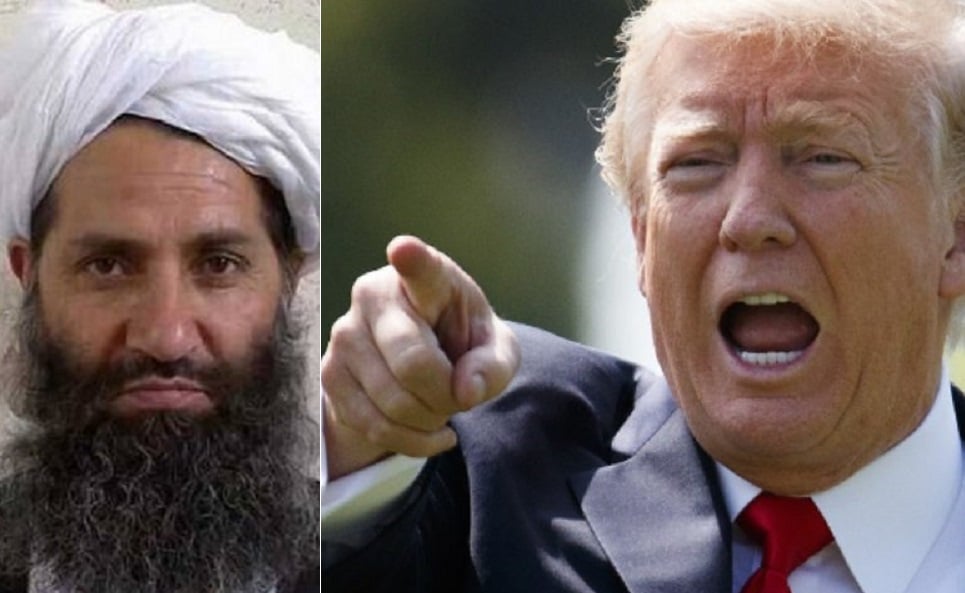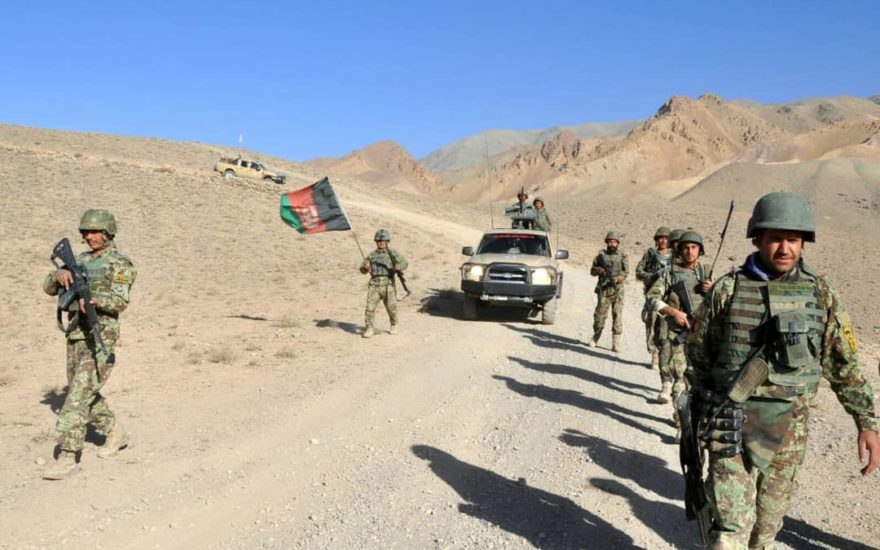
Afghanistan: US withdrawal on hold?
With a May 1 deadline for withdrawal of US forces from Afghanistan approaching but a final peace deal stalled, the White House is said to be considering an extension beyond this date for removal of its 2,500 troops remaining in the country. “Intra-Afghan” negotiations between the Taliban and Kabul opened in Doha in September, but remain deadlocked over fundamentals of the power-sharing deal—with the Taliban rejecting President Ashraf Ghani’s insistence on remaining in office for the remainder his five-year-term. Predictably, they haven’t even got around to discussing protection of minority and women’s rights, or the role of sharia law in the new order. Meanwhile, civilian casualties are mounting, and the Taliban has just launched a spring offensive. (Photo: Khaama Press)




